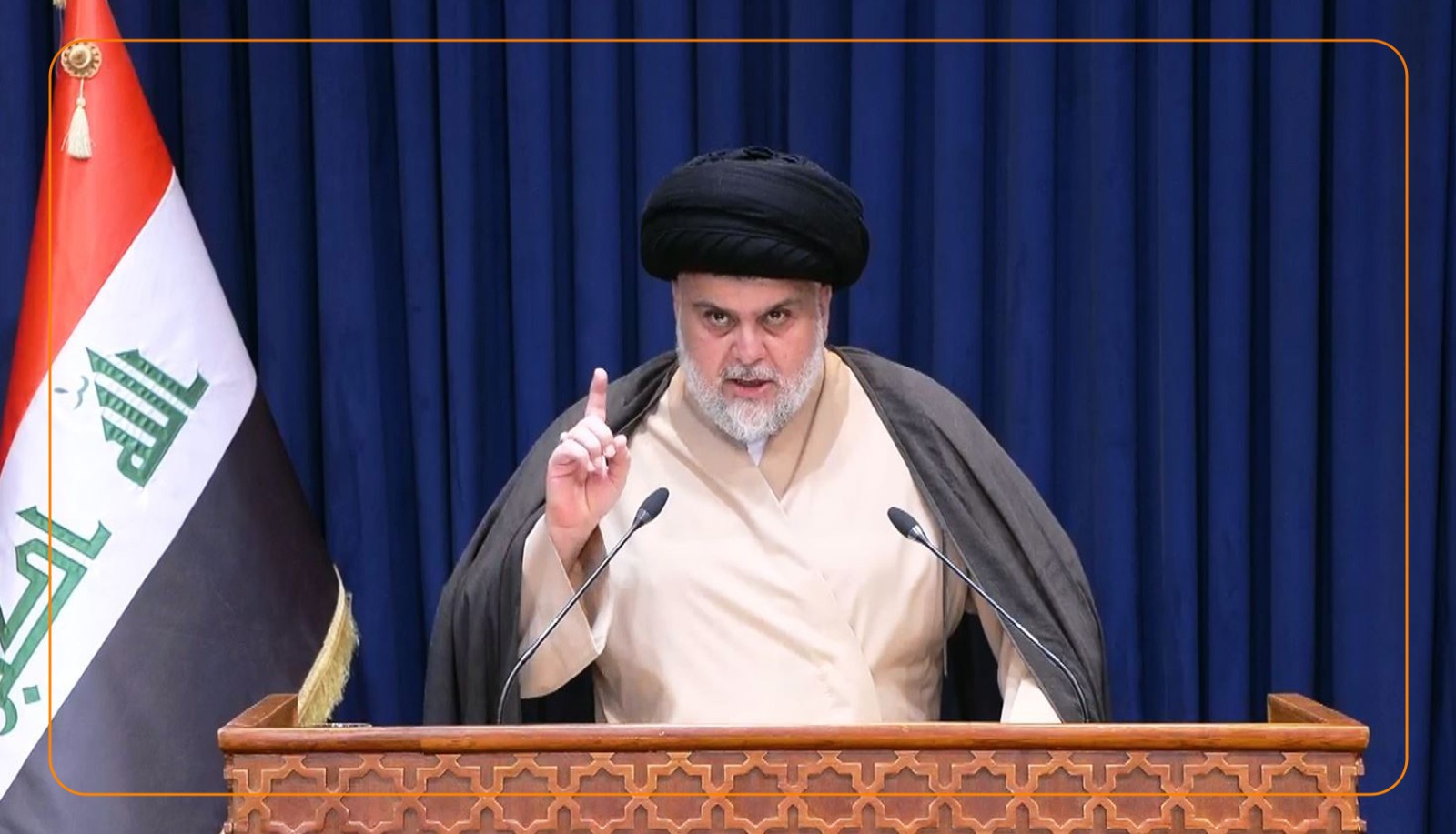After the provincial council elections and the announcement of the results, the distancing and boycott of Sadr and his movement from the political process in Iraq have become more evident. This socio-religious political force, which has consistently secured over a quarter of the Shiite population's votes in elections since 2003, currently lacks representation in local councils after withdrawing from parliament in mid-June during the last elections (2021). They garnered approximately 900,000 votes out of the 2.5 million votes cast by Shiite forces, constituting a 9 percent share of the total vote in Iraq that year, with an overall voter count of around 10 million.
After the December 18, 2023, elections, on January 5, 2024, Sadr called for mass Friday prayers in 13 provinces and districts, including Samarra, to commemorate the birth anniversary of Fatima Zahra and the revival of Friday prayers among Iraqi Shiites initiated by Mohammed Sadiq Sadr, Muqtada's father, in the 1990s. However, this move could be seen as the Sadrists' initial attempt to demonstrate against the masses of the Shiite-affiliated forces in the elections. This is akin to the movement's exploitation of the Gaza war to take to the streets and show allegiance to its leader by marching towards the Jordanian border.
One of the primary questions arising after the provincial elections is how Sadr will navigate the dominance of his Shiite rivals. Shiite parties now hold a majority in more than half of the local provincial councils, following their presence in the government and parliament. Some provinces, like Najaf and Maysan, are still under the control of Sadrist governors. Political leaks suggest that Mohammed Shia Sudani has advocated for returning more than one governor's post to the Sadrists to uphold security and stability in the Shiite provinces.
Some Shiite forces within the framework have agreed to the request, excluding Maliki and Khazali, two of Sadr's strongest rivals. However, other reliable sources indicate that the Sadrists have not accepted the initiative. They have warned their Shiite counterparts that they are not willing to bear the burden of appointing their governors, claiming to have withdrawn from the political process and election participation, for this reason, they are indifferent to Shiite forces holding Sadrist governor positions, similar to taking their seats in parliament. Sadr, amidst a phase of political persecution, has closed all doors of communication with the outside world.
Nor does he, and his narrow circle, engage with any politicians. It is challenging to verify this information, but what is evident is that Sadr doesn't focus on political developments, leaving his rivals in a state of uncertainty, questions, interpretations, and speculation about his plans and programs. This remains one of the ongoing issues within the Shiite coordination framework.
The experience of the provincial council elections at the end of 2023 revealed that Sadr has transformed from a political ally of Shiite forces to an "opponent." This signifies his reluctance to compete with them based on traditional post-2005 rules and engage in a more populist electoral process, raising concerns and causing distress. This approach opens the door to alternative means such as demonstrations, strikes, or clashes, especially considering occasional limited conflicts between the Sadrists and certain Shiite forces in Basra and other provinces.
Aside from the potential for demonstrations and tensions, one of the most likely scenarios for the Sadr movement is a significant comeback in the 2025 elections. According to this scenario, the Sadrists, as an opposition, could mobilize a surge of voters to the polls, outpacing their rivals. This is attributed to their current status outside a system that has experienced a silent popular boycott and protest, evident in a notable decrease in turnout (26%).
Between the two scenarios of resorting to tension and demonstrations, or engaging in political competition in the 2025 elections, Sadr hasn't ceased to reorganize the internal affairs of his movement and remains actively involved. Simultaneously, the "Al-Banyan al-Marsous," operation a political and service project associated with his movement, is steadily attracting more members. In a recent development, it has introduced electronic form submissions with biometric codes. This signals that the Sadrists are reorganizing their internal affairs while simultaneously boycotting parliament and provincial councils.
More importantly, while steering clear of political controversy, Sadr continues to provide religious advice and guidance to his followers. This fills a significant void for the Sadrists, who have been without a traditional marja since the persecution of Ayatollah al-Haeri. If Sadr elevates his religious standing or somehow addresses the religious legitimacy gap within his movement's leadership, he could emerge as a major victor. Sadr's primary asset lies in his religious sphere for achieving political success. Strengthening the former ensures the latter, as Sadr possesses a loyal voter base and can mobilize a potent faction at will, easily securing a political position commensurate with his religious weight and influence.



